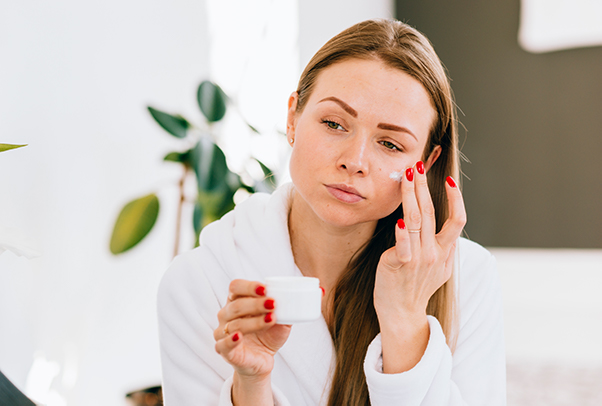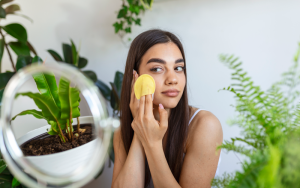Table of Contents
Introduction:
Acne, a widespread dermatological concern affecting millions, can be a persistent source of frustration for individuals seeking clear and healthy skin. In the pursuit of effective solutions, topical acne medications have become a cornerstone of many skincare routines. This article aims to delve into the pros and cons of the most widely used topical acne medications, offering an in-depth exploration to empower readers in making informed decisions on their journey to clearer skin.
Benzoyl Peroxide:
Pros:
Effective against acne-causing bacteria: Benzoyl peroxide stands out for its ability to reduce the presence of Propionibacterium acnes on the skin, a crucial factor in acne development.
Over-the-counter availability: One of its significant advantages is that it is widely accessible without the need for a prescription, making it a convenient option for users.
Cons:
Potential dryness and irritation: A common drawback is the potential for dryness, redness, and peeling, especially during the initial weeks of use.
Bleaching effect: Some users may experience discoloration or bleaching of fabrics and hair, adding an extra layer of consideration.
Salicylic Acid:
Pros:
Exfoliates and unclogs pores: Salicylic acid penetrates deep into pores, effectively exfoliating the skin and preventing the formation of acne.
Anti-inflammatory properties: Its anti-inflammatory properties make it beneficial for reducing inflammation associated with acne.
Cons:
Skin irritation: Some users, particularly those with sensitive skin, may experience mild irritation.
Limited efficacy on severe acne: Salicylic acid might not be as effective for severe forms of acne compared to other medications.
Retinoids (Retin-A, Tretinoin):
Pros:
Promotes skin cell turnover: Retinoids accelerate the turnover of skin cells, preventing the formation of comedones and contributing to overall skin renewal.
Improves skin texture: Renowned for reducing fine lines and improving skin texture, making it a sought-after solution for more than just acne.
Cons:
Initial skin purging: Users may experience an initial worsening of acne before witnessing improvements, requiring patience.
Increased sensitivity to sunlight: Retinoids can heighten susceptibility to sunburn, necessitating meticulous sun protection.
Antibiotics (Clindamycin, Erythromycin):
Pros:
Targets bacteria: Antibiotics play a crucial role in combating bacterial infections associated with acne.
Anti-inflammatory effects: They contribute to reducing inflammation and redness, providing a dual-action approach.
Cons:
Antibiotic resistance: Prolonged use may contribute to antibiotic resistance, a concerning issue in the realm of healthcare.
Potential side effects: Some users may experience gastrointestinal issues or allergic reactions, highlighting the importance of monitoring reactions closely.
Combination Topicals (Benzoyl Peroxide/Clindamycin):
Pros:
Dual-action approach: Combining the antibacterial properties of benzoyl peroxide with the anti-inflammatory effects of clindamycin provides a comprehensive solution.
Enhanced efficacy: Combination topicals often prove more effective than individual medications alone, offering a potent remedy for stubborn acne.
Cons:
Potential for irritation: The combination of active ingredients may increase the risk of skin irritation, requiring careful monitoring.
Prescription required: Some combination topicals are available only with a prescription, adding a layer of complexity for users seeking over-the-counter solutions.
Conclusion:
Selecting the right topical acne medication involves a thoughtful consideration of individual skin types and specific acne concerns. While the options can be overwhelming, consulting with a dermatologist provides personalized guidance, ensuring effective and safe acne management. Patience is key, as consistent and appropriate use of topical acne medications can lead to significant improvements over time. Ultimately, informed decision-making and a tailored skincare approach pave the way for achieving the coveted goal of clearer, healthier skin.



Leave a reply